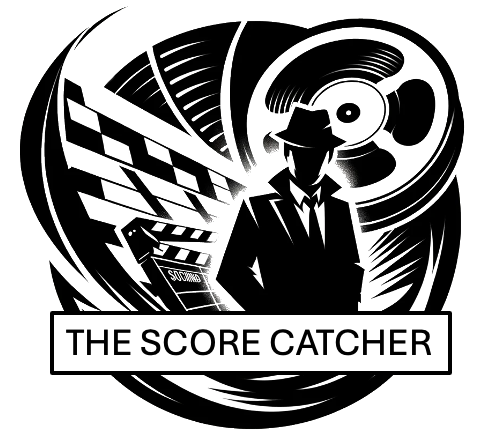Tuesday, Film4, 1:05pm
Franklin J. Schaffner’s Patton (1970) opens with one of the most iconic monologues in cinematic history—George C. Scott, draped in a sea of American flags, delivering a speech as brusque and commanding as the man himself. Yet, what truly elevates this biopic beyond mere hagiography is its masterful score by Jerry Goldsmith, a sonic tapestry as audacious as its subject. Goldsmith’s use of an eerie echoplexed trumpet motif—symbolizing Patton’s belief in reincarnation—blurs the line between history and myth, giving the film an almost supernatural gravitas. It’s a reminder that the general saw himself as more than a soldier; he was a warrior from another age, a reincarnated Caesar storming across Europe in a Sherman tank.

Historical accuracy in Patton is a mixed affair. The film rightfully captures the general’s military brilliance, volcanic temper, and theatrical flair, yet it leans into the "great man" theory at the expense of strategic nuance. Patton’s role in the Battle of the Bulge, for example, is grandly exaggerated; he was instrumental, but the film frames him as a lone savior charging to the rescue. Likewise, his rivalry with Bernard Montgomery is played up for dramatic effect—though, to be fair, the real Patton would likely have approved of such embellishment.
Yet for all its mythmaking, Patton is ultimately a meditation on the perils of war and the obsolescence of warriors. Goldsmith’s score reinforces this, juxtaposing the martial grandeur of the “Patton March” with spectral echoes of the past. By the film’s end, as the general strolls through a desolate field reflecting on the fate of ancient conquerors, we sense a tragic inevitability: men like Patton are forged in war but find no place in peace. In a genre often preoccupied with battle’s mechanics, Patton dares to examine the psychology of a man who was both its master and its prisoner.
